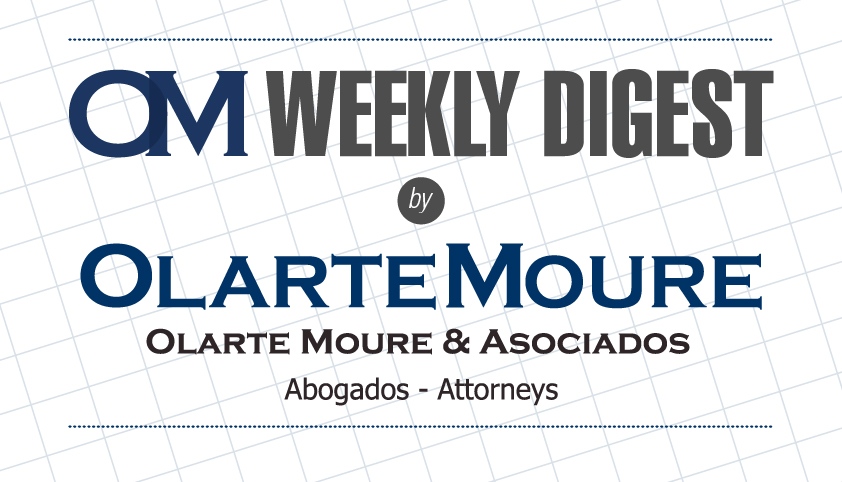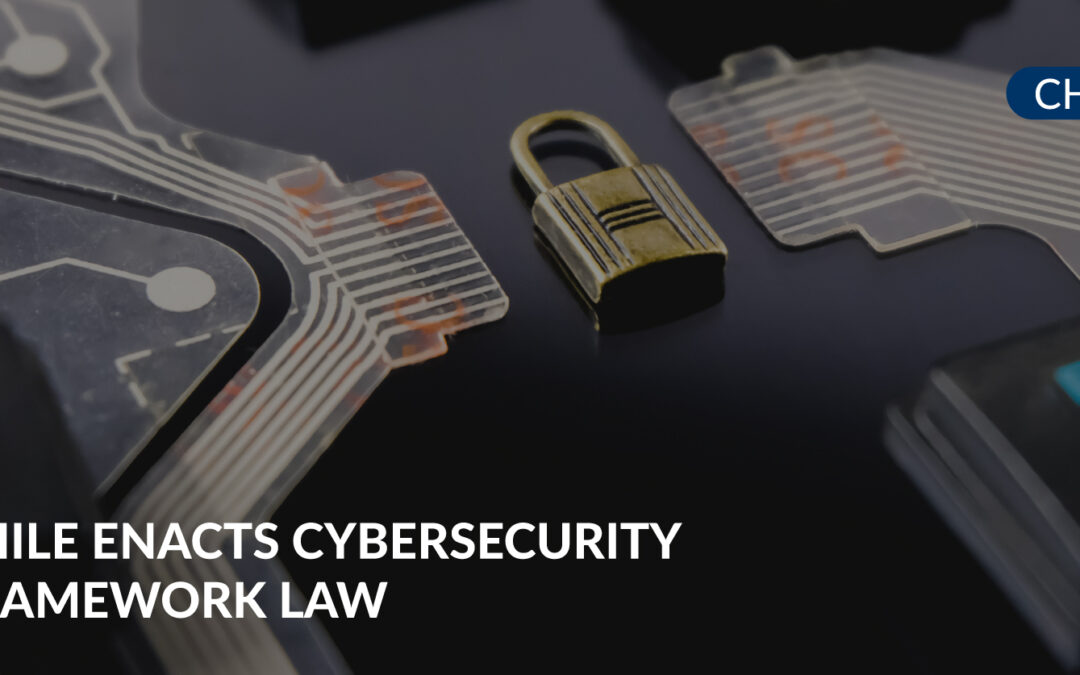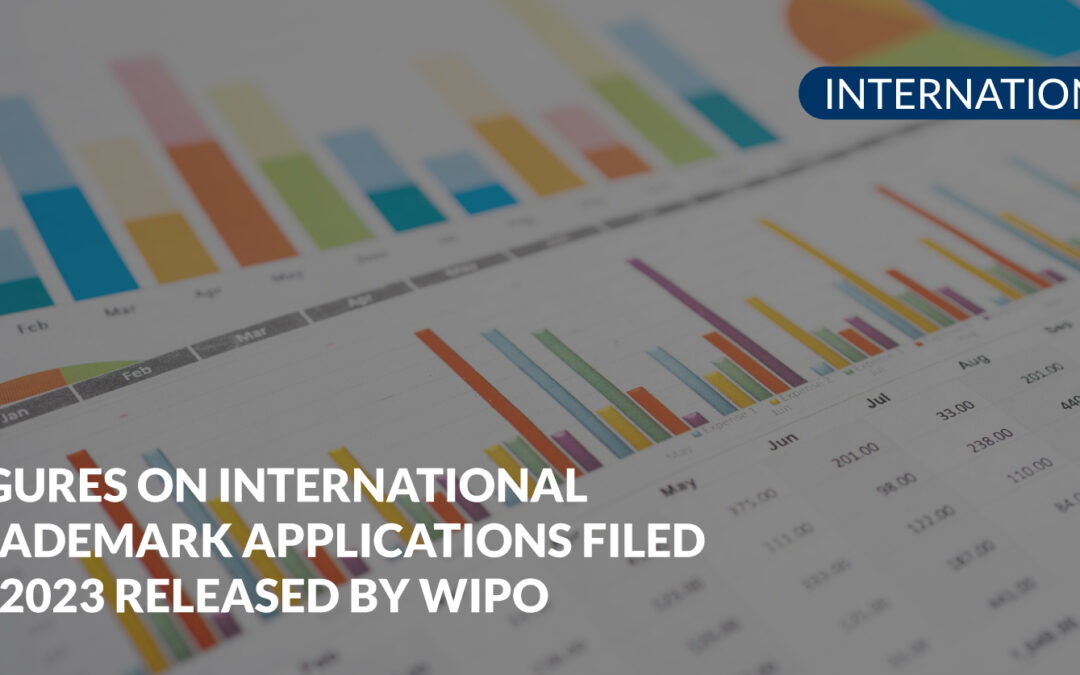.
ECUADOR | Intellectual Property, Patents | The INGENIOS Code in Ecuador has entered into force
.
On 9 December 2016 –through its publication in the Official Registry of the National Assembly– the Organic Code for the Social Economy, Knowledge, Creativity and Innovation, commonly known as INGENIOS Code, came into force.
Days after, the Ecuadorian Patent Office (IEPI) provided guidance for the transition regime of the new law. It specifically determined that the applications filed before 9 December 2016 will apply the new law for substantive issues, while procedural issues will continue to be governed under the old rule. Any applications filed after that date will be governed entirely by the INGENIOS Code.
Finally, the IEPI clarifies that the intellectual property rights granted under the previous rule will continue to follow that rule and will conserve their validity.
The entry into force of the INGENIOS Code is controversial, as many of its dispositions flagrantly infringe the Andean Law and specifically the Andean IP Code contained in Andean Decision 486.
a CA.
LATIN AMERICA | Judicial Affairs, Prosecution | Suspension of deadlines by several Latin American Industrial Property Offices and Courts
.
In addition to the suspension of judicial deadlines in Colombia, other offices that handle IP issues in Latin America have announced their closure during the upcoming holiday season.
In Mexico´s case, the Mexican IP Office -IMPI in Spanish- informed that it will suspend activity from 21 December 2016 until 4 January 2017.
As for the Andean Community (which gathers Bolivia, Colombia, Ecuador and Peru), the Andean Court of Justice will shut down between 16 December 2016 and 5 January 2017.
.
COLOMBIA | Regulatory | Colombian Constitutional Court rules on pharmaceuticals pricing procedure
By means of Judgment C620 of 2016, the Colombian Constitutional Court ruled regarding the current procedure of pricing of medicines in Colombia and the requirements required for this since the implementation of Law 1753 of 2015 (Evaluation of the Institute of Technological Assessment in Health -IETS in Spanish- and cost-effectiveness analysis, both part of the Marketing Authorization -MA- process).
The ruling was given because the plaintiff considered that the obligatoriness of those requirements “could affect the availability of pharmaceuticals and entry of new technologies”, which was estimated as true by the Court. Consequently, the rule remains valid under the understanding that the additional requirements that it includes for the issuance of a MA (necessary to determine the prices of a medicine) can not injure the elements of availability and accessibility of drugs in the population.
Finally, the Court considered that it is valid to revoke an administrative act that grants a MA of its own motion/ex officio and without the prior consent of the holder.
COLOMBIA, COSTA RICA, LATIN AMERICA | Patents | Costa Rica could enter PROSUR in 2017
.
The Executive Committee of PROSUR was the first to deliver the statement. Additionally, it manifested that Colombia will assume the Presidency pro tempore of PROSUR as of 1 January 2017.
The entry of Costa Rica into PROSUR could mean its inclusion in the Patent Prosecution Highway (PPH) suscribed by 8 of its 9 Member Countries.
PROSUR- PROSUL is an agreement which includes 9 South American countries (Argentina, Brasil, Chie, Colombia, Ecuador, Paraguay, Peru, Surinam and Uruguay). Its objective is to promote the cooperation between the Industrial Property Offices of its Member Countries, with the goal of increasing efficiency and quality of the procedure of industrial property applications.
.
COLOMBIA | Patents, Intellectual Property | Colombia: Bill that allows Universities to create Research Spin Offs is close to approval
On 13 December 2016, the 6th Commission of the Colombian Senate approved Bill 165 of 2016, which –once in force- authorizes public and private Colombian universities to create Research Spin-Offs (also known as University Spin-Offs), as a business initiative to capitalize and exploit the intellectual property developed from university research.








